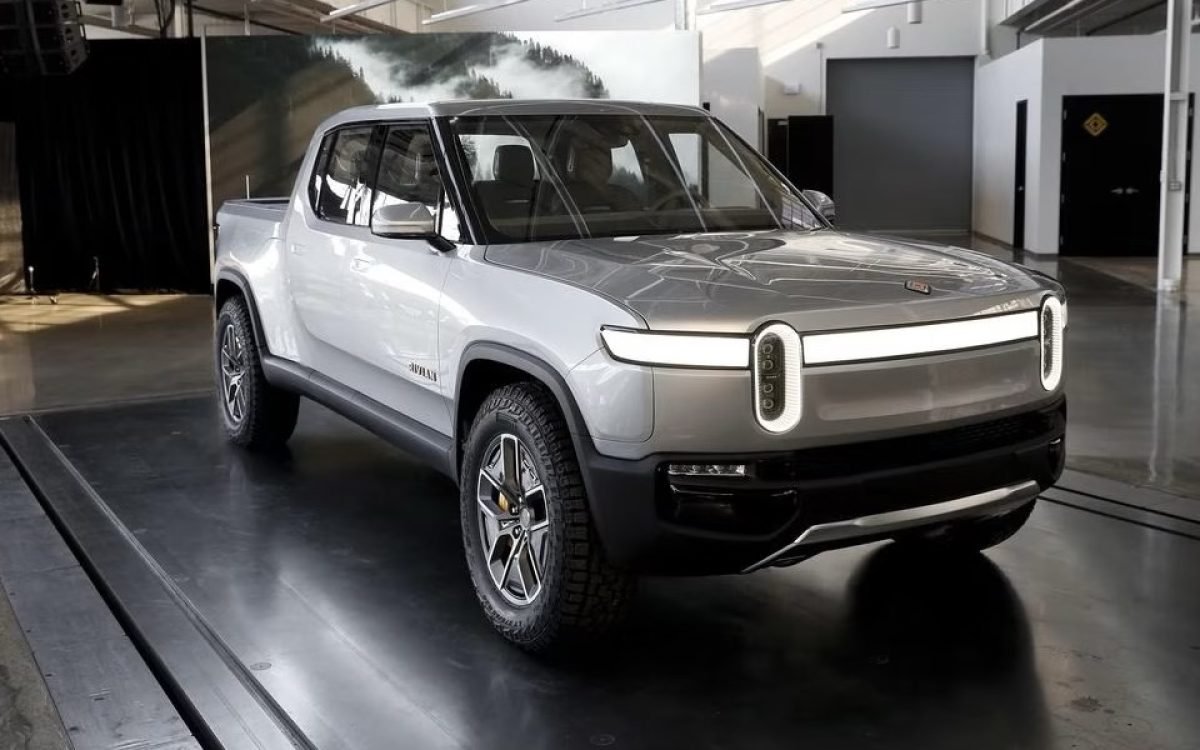In a pivotal move reflecting the current state of the electric vehicle (EV) market, Rivian, the U.S.-based EV manufacturer, has announced its decision to streamline operations by reducing its workforce by 10%. This strategic shift comes amid mounting concerns over sluggish EV sales and intensified competition within the industry.
Rivian’s fourth-quarter earnings report delivered sobering news, revealing that the company does not anticipate producing more vehicles in the current year than it did in 2023. Despite manufacturing 57,232 vehicles last year, only 50,122 were delivered to customers, underscoring the challenges of converting production into sales.
The ramifications of Rivian’s workforce reduction are anticipated to be significant, particularly at its Irvine plant, where a combined workforce of 16,700 salaried and hourly employees faces the impact of this decision. This move reflects the broader economic uncertainties prevailing in the EV sector, as companies grapple with evolving market dynamics and heightened competition.
The EV industry as a whole is experiencing a downturn, exemplified by Tesla’s recent 10% decline in vehicle registrations in California, a critical market for electric vehicles. This decline underscores the growing pressure facing American EV manufacturers, especially in light of increasing competition from global rivals, notably Chinese automakers.
Elon Musk’s acknowledgment of Chinese automakers’ potential to outpace global competitors without trade barriers signals the formidable challenge posed by companies like BYD. Despite Tesla’s aggressive pricing strategies throughout 2023, BYD, backed by Warren Buffett, claimed the title of the world’s top-selling EV company last quarter, leveraging its diverse product lineup and competitive pricing.
As the EV landscape undergoes seismic shifts, companies are compelled to recalibrate their strategies to adapt to changing market conditions and fierce competition. Rivian’s workforce reduction and production stagnation epitomize the broader challenges confronting the industry, highlighting the imperative for innovation, resilience, and strategic agility.
Despite the headwinds, the EV sector remains a beacon of transformative potential, driving advancements in sustainability and mobility. As companies navigate through turbulent waters, the journey toward electrification persists, fueled by a collective vision of a greener, more sustainable future.
In this dynamic and evolving landscape, the resilience and adaptability of industry players will be instrumental in shaping the trajectory of the EV market and realizing its full potential as a catalyst for positive change.









